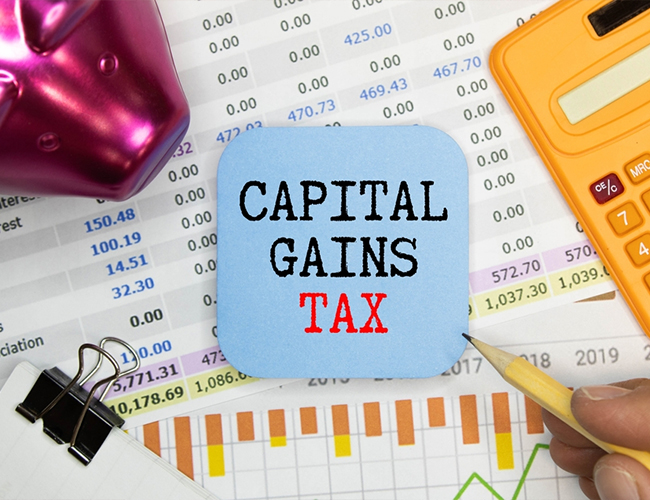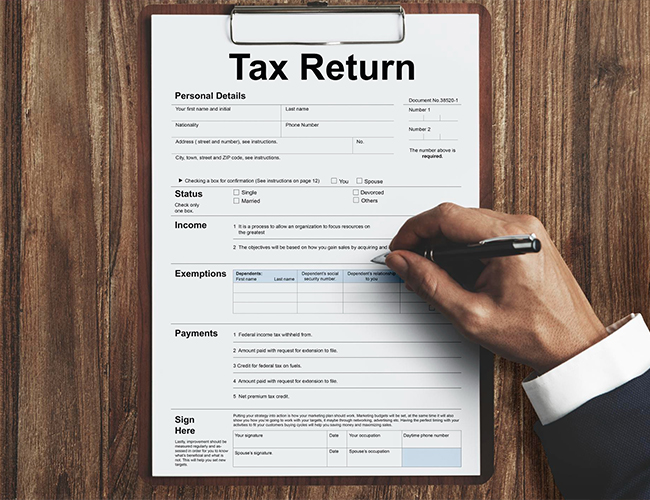Tax Declaration
Employees are required to declare their income tax to employers at the beginning of a financial year. An income tax declaration is a document that contains all the tax-saving investments an employee plans to make in that year. The employer uses this information in the tax declaration to determine and deduct TDS from the employees’ monthly income.
According to the Income Tax Act, the employers must deduct tax at source, based on the estimated income, after calculating estimated expenses and investments for that financial year. If employees do not submit the declaration, they will then be required to claim a refund when they furnish the income tax return. However, the Income Tax Department will alarmingly examine the tax deduction.
Form 12BB is a document employees need to submit to avail of tax deductions, tax benefits, and or rebates on the investments and expenses made in a financial year. The document has to be submitted at the year-end. In addition, employees must also provide documentary evidence of such expenses and investments at the year’s end. Employees can download the 12BB Form Online.
Not submitting the income tax declaration may lead to a hassle for an employee while claiming a deduction when filing an income tax return. When an employee does not submit an Income Tax Declaration of expenses and investments, the employee's taxable income will increase, i.e., the employer turns out to be deducting higher TDS.
Download Tax Declaration Format & Form 12BB to click below





